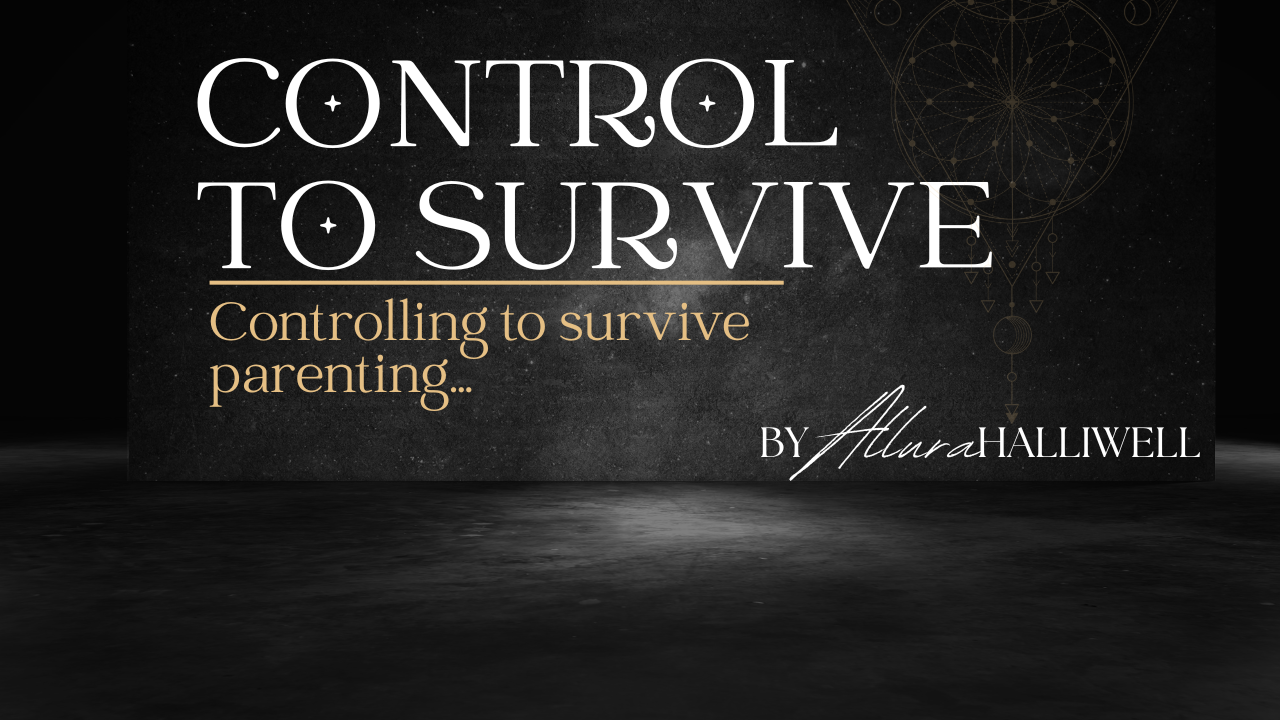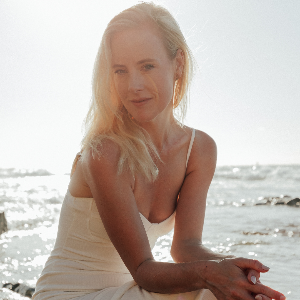
The Illusion of Control in Parenting
May 07, 2025One of the most challenging aspects of parenting is releasing our need to control outcomes and manage how our children are perceived by others. Many parents I work with describe a state of hyper-vigilance—constantly monitoring their children's behaviour, worrying about others' judgments, and feeling responsible for "fixing" any problems that arise.
This week, I want to explore how this pattern affects both parents and children, and offer a path toward more authentic connection.
The Hyper-vigilance Cycle
This pattern often looks like:
- Feeling intense pressure to know everything happening with your child
- Constantly investigating and seeking feedback from others about your child's behaviour
- Experiencing shame or anxiety when you discover problematic behaviours
- Feeling compelled to intervene, fix, or control the situation
- Living in anticipation of the "next problem" rather than being present
As one parent shared: "I feel an enormous amount of pressure to make sure that I know what's going on with my kids. I'm hyper-vigilant, waiting deep down in the background for the next thing that someone's going to whinge about with my kid. I never really trust that everything's okay."
The Real Need Behind the Pattern
At its core, this pattern stems from our own unhealed unworthy wounds around rejection, belonging, and worth. When our children struggle socially or behaviourally, it often triggers our deepest fears:
- That we're failing as parents
- That our children will be rejected or excluded
- That others are judging us through our children
- That we've lost control of outcomes we desperately want to manage
What we're really seeking isn't control—it's safety and connection for both ourselves and our children.
Moving Beyond the Illusion of Control
-
Understand Communication Styles
Children often communicate their experiences indirectly. They might complain about others doing the very behaviours they themselves are engaged in, not as a form of deception, but as a way to process their own experiences through projection.
As I explained to a client recently: "He's actually sharing what's happening for him as well. He just doesn't have the trust in the space with you to be able to share directly about what's going on for him. So he puts it in third person."
When we recognise this pattern, we can respond with curiosity rather than judgment or anxiety.
-
Meet Reality As It Is
Many parents inadvertently teach their children to create illusions rather than relate to reality as it is. This happens when we:
- Overly praise achievements to boost self-esteem
- Try to "fix" negative emotions rather than acknowledging them
- Focus on how things "should be" rather than how they are
- Shield children from natural consequences of their actions
True growth comes when we help our children develop a genuine relationship with reality. This might mean filming a sports game so they can see what actually happened rather than their perception of events, or acknowledging a disappointing outcome without trying to reframe it as a victory.
-
Honour the Pain Behind Behaviours
Children's challenging behaviours—like throwing equipment after losing a game, becoming defensive, or lashing out at others—are often expressions of emotional pain they don't know how to process.
Instead of focusing on correcting the behaviour, we can help children identify and express the feelings underneath:
- "How does it feel in your body when you get out?"
- "What do you want to do to relieve that pain?"
- "Is it safe for you to share how disappointed you feel?"
By bringing consciousness to these reactions, we teach children that their emotions are valid and safe to feel.
This Week's Practice:
From Control to Connection
When you notice yourself slipping into hyper-vigilance or control mode with your children, try this approach:
- Pause and reflect:
What am I actually afraid of in this moment?
What wound is being triggered for me? - Shift your focus:
Rather than trying to fix the situation, how can I create safety for authentic connection? - Ask curiosity-based questions:
"What's happening for you right now?" rather than "Why did you do that?" - Validate reality:
Acknowledge what actually happened, even when disappointing, while creating emotional safety: "I see you're upset that you didn't win. It's okay to feel disappointed." - Separate your child's worth from their performance:
Affirm their inherent value without tying it to achievements: "I'm right here with you. I see you and love you, regardless of how the game went."
Remember that the goal isn't to raise perfect children who never make mistakes. The goal is to raise emotionally intelligent children who can navigate reality authentically, process difficult feelings, and maintain connection even through challenges.
"You want to teach them to have a true relationship with reality, not an illusion relationship."
Upcoming Events This Week
- Join us for a LIVE meditation in the Open To Consciousness Community - get your first month FREE - no lock in contracts, simply cancel if it's not for you
- Wondering what your core wound is? Watch the 'Discovering Your Core Wound Masterclass' to find out PLUS get instant access to the Parenting & the Core Wounds Masterclass as well.
- Need some support? Just want to have a chat about all this? Book a FREE connection call here
To learn more about working with me, click here
Your wounds aren't just painful feelings—they're portals to understanding the true nature of existence.

